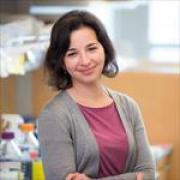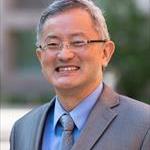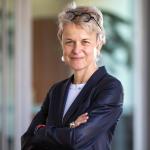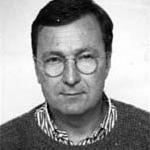The UCSF Immunology Graduate Program is a component of both the Biomedical Sciences (BMS) program and the Program in Biological Sciences (PIBS). Students interested in the program are admitted into the BMS program and elect to follow the Immunology Track at the end of their first year. First year BMS students pursue coursework with an emphasis on mammalian cells and tissues, including the immune system. Modern approaches for understanding the molecular mechanisms of cell, organ, and immune system function are studied as are integrative approaches toward defining the physiological in vivo importance of these mechanisms. We believe that this coursework will provide an excellent knowledge base for graduate students with a strong interest in immunology and related fields such as infectious disease. In addition, first year students do three research "rotations" in different BMS/Immunology laboratories to learn experimental approaches hands-on and to aid them in choosing a thesis laboratory and project. For students who elect the Immunology Track, the Immunology Graduate Program provides continuing advanced training in current developments of immunology and in other aspects of modern molecular and cellular biology via a weekly immunology student/faculty journal club, an annual immunology retreat, yearly advanced topics minicourses, and a weekly seminar series that hosts outstanding immunologists from around the U.S. and occasionally overseas. In addition to the above courses and activities, our connection with PIBS provides our students, postdoctoral fellows and faculty with close interactions with scientists studying cell biology, genetics, biochemistry and molecular biology, developmental biology, biophysics, and neuroscience. As these fields are highly relevant to modern study of immunology, these connections enhance the education of students in the Immunology Program.
External Links
- ImmunoX Website
- Immunology Courses
- Immunology Program Events: Seminars, Journal Club, Courses, Happy Hours












